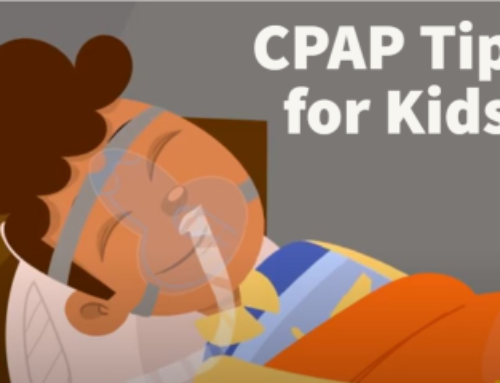A new study reveals how important it is for children to get enough sleep. Children’s brains subconsciously transform learning material into active knowledge while they sleep – even more effectively than adult brains do, according to the study by Dr. Ines Wilhem of the University of Tübingen’s Institute for Medical Psychology and Behavioral Neurobiology.
“In children, much more efficient explicit knowledge is generated during sleep from a previously learned implicit task,” says Dr. Wilhelm. And the children’s extraordinary ability is linked with the large amount of deep sleep they get at night. “The formation of explicit knowledge appears to be a very specific ability of childhood sleep, since children typically benefit as much or less than adults from sleep when it comes to other types of memory tasks.”
The study, which Dr. Wilhelm and her Swiss and German colleagues have published in Nature Neuroscience, examined the ability to form explicit knowledge via an implicitly-learned motor task. Children between the ages of 8 and 11, and young adults, learned to guess the predetermined series of actions – without being aware of the existence of the series itself. Following a night of sleep or a day awake, the subjects’ memories were tested. Results show that after a night’s sleep, both age groups could remember a large number of elements from the row of numbers than those who had remained awake in the interim. And the children were much better at it than the adults.
Studies of adults have shown that sleeping after learning supports the long-term storage of the material learned, says Dr. Wilhelm. During sleep, memory is turned into a form that makes future learning easier; implicit knowledge becomes explicit and therefore becomes more easily transferred to other areas.
Experts recommend that your child get the following amount of sleep at each stage of growth:
- 3 months – 1 year: About 14 to 15 hours a day
- 1 – 3 years: 12 to 14 hours a day
- 3 – 5 years: 11 to 12 hours of sleep a day
- 6 – 12 years: 10 to 11 hours a day
- 12 – 18 years: 8.5 to 9.5 hours a day
Use the AASM bedtime calculator to determine the appropriate bedtime based on your child’s wake time and age.





